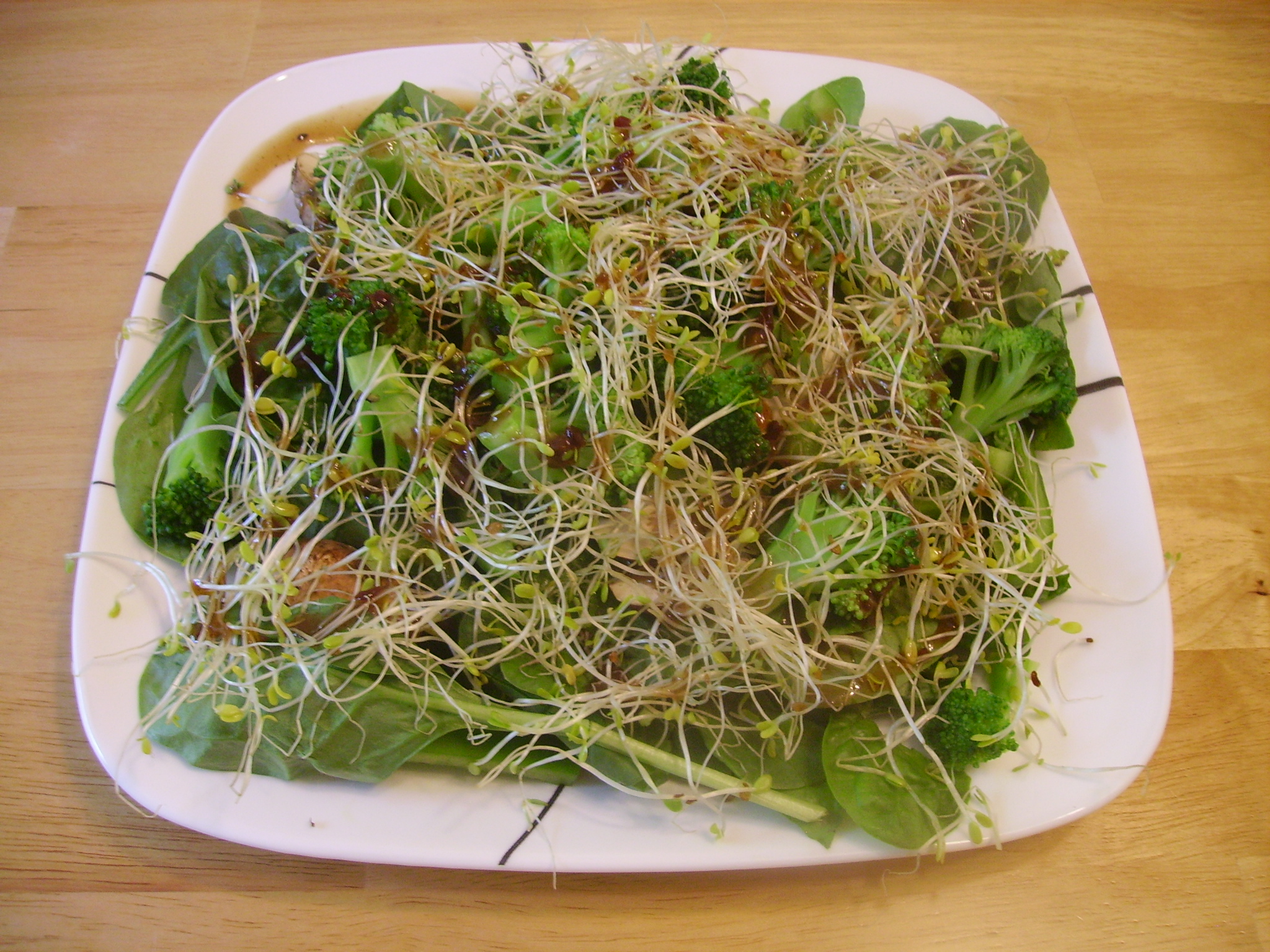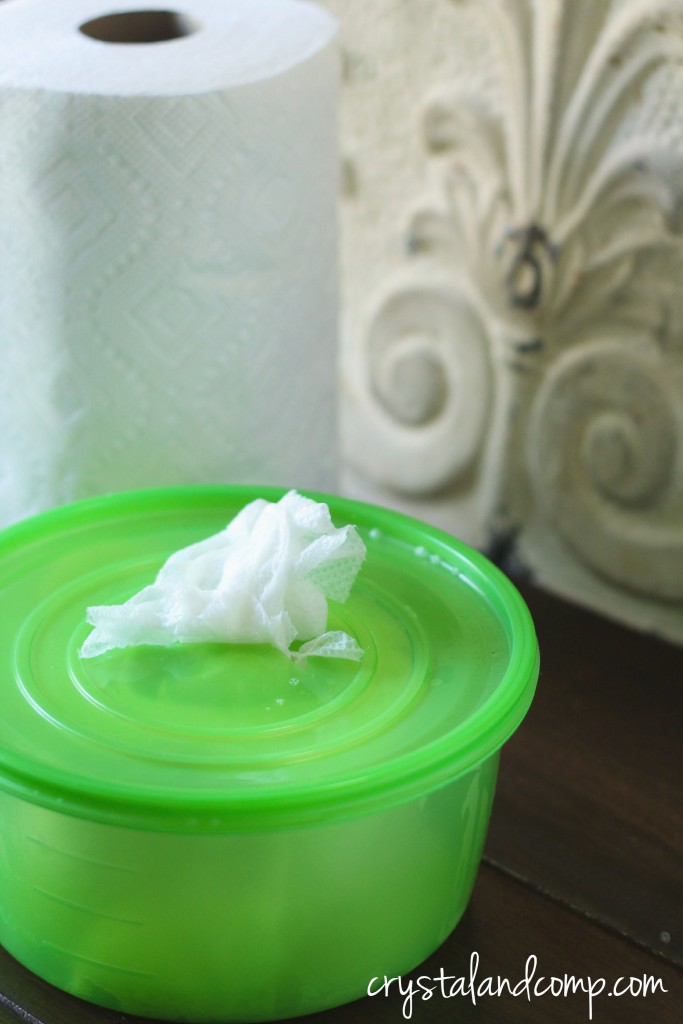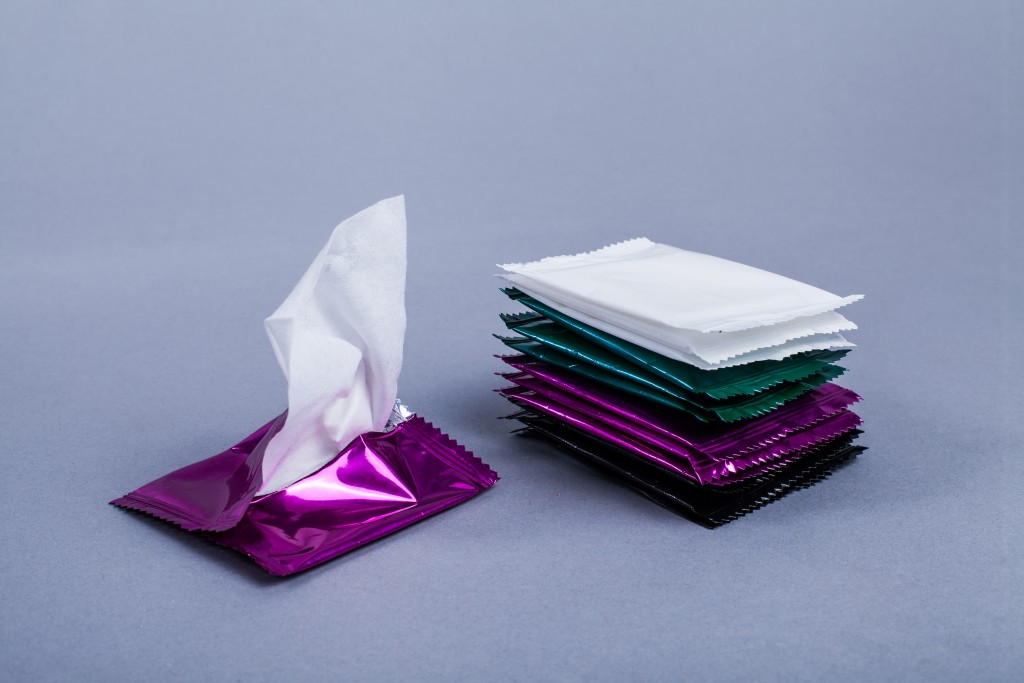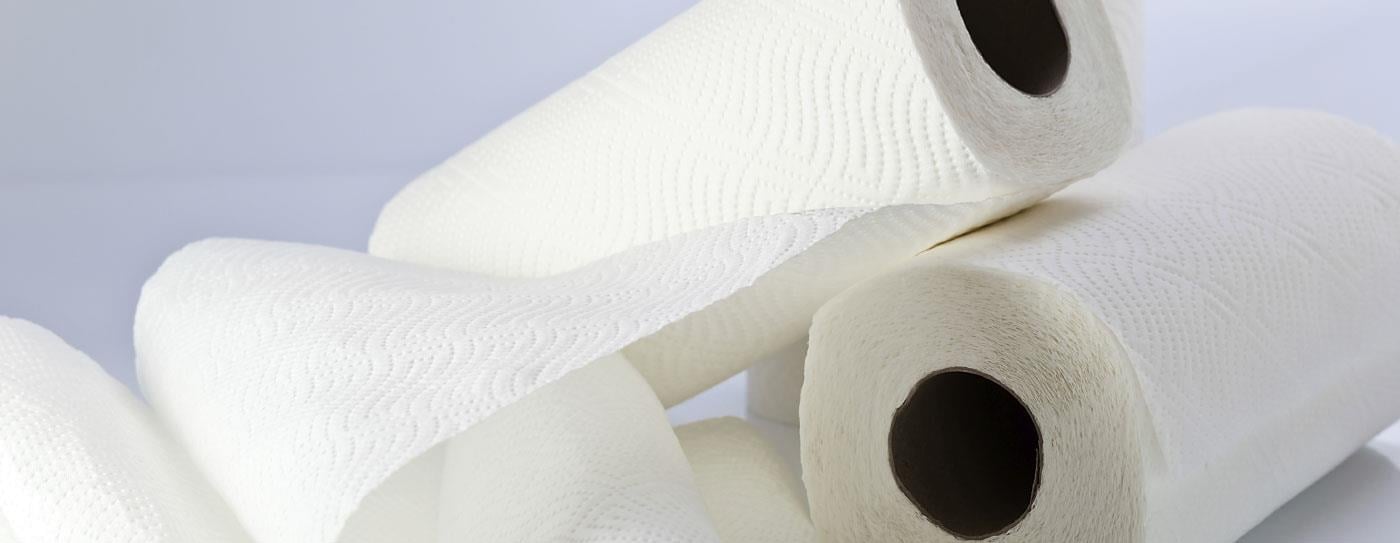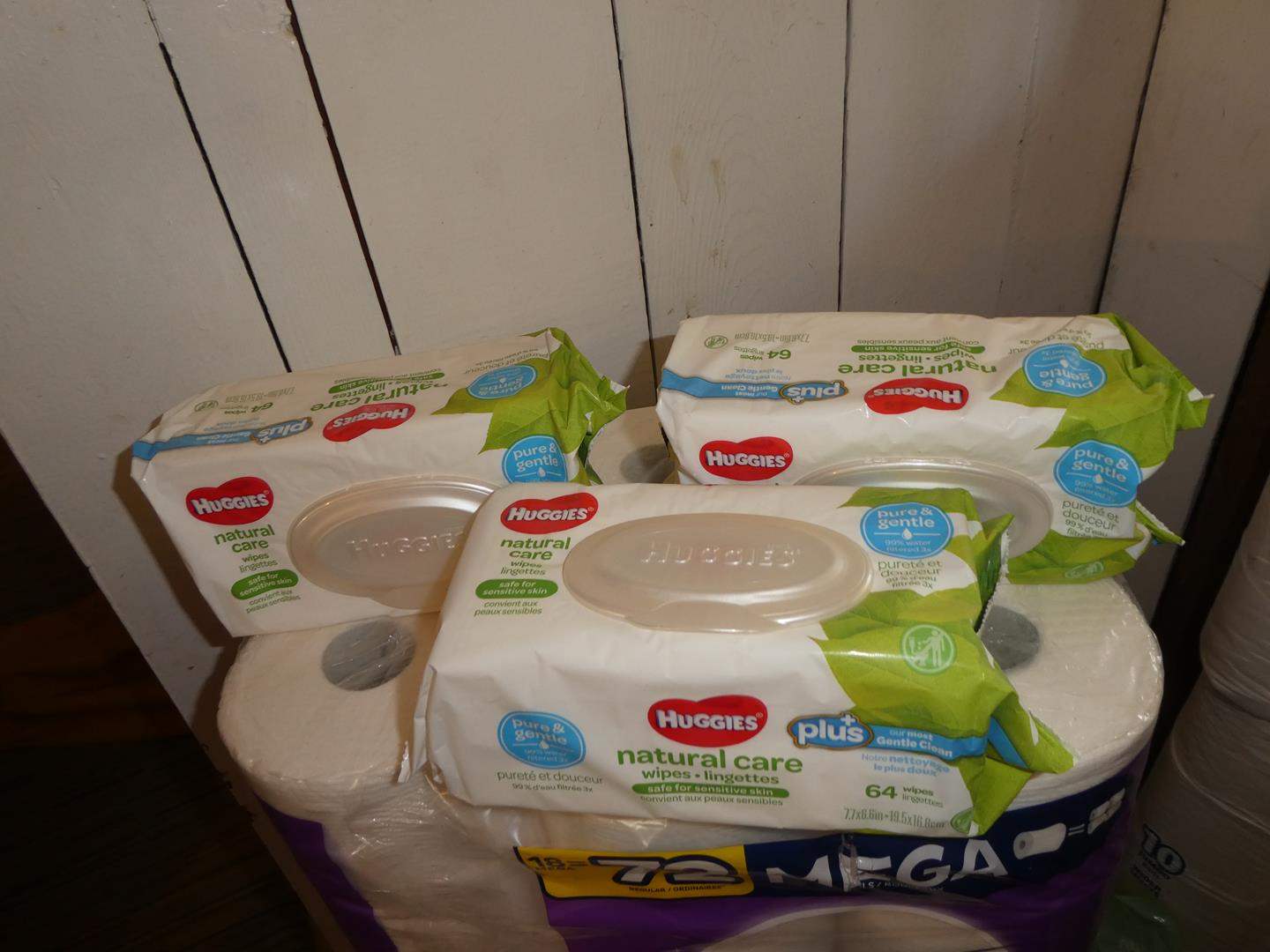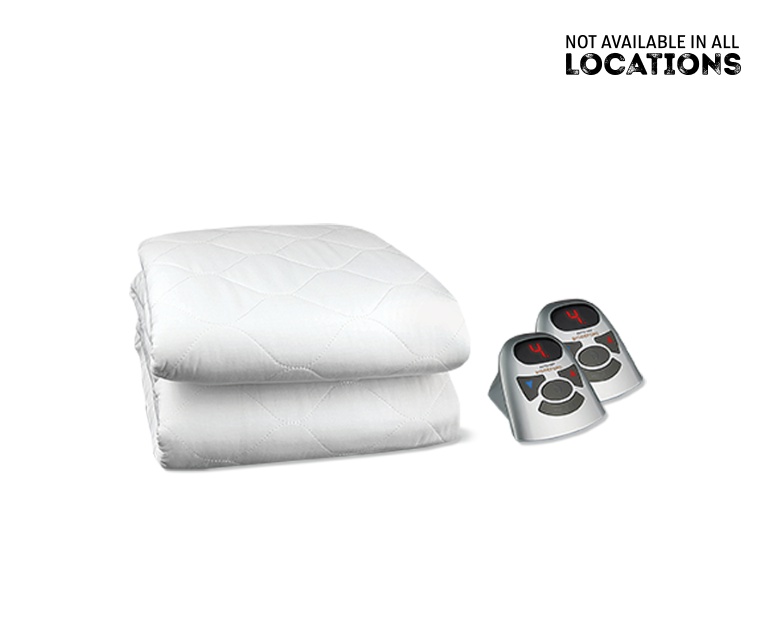It may seem like a convenient way to dispose of leftover cooking oil and grease, but pouring it down your kitchen sink drain can lead to major plumbing issues. As the oil and grease cool down, they solidify and can create clogs in your pipes. This can result in slow draining sinks or, even worse, a completely blocked drain that requires professional help to fix. To properly dispose of oil and grease, let it cool down and then dispose of it in a sealable container and throw it in the trash. You can also use a paper towel to wipe up any residual oil or grease in your pan before washing it in the sink.1. Grease and oil
While it may be tempting to just rinse your coffee grounds down the sink, they can actually cause major problems for your plumbing. Coffee grounds can clump together and create blockages in your pipes, leading to slow draining or clogged sinks. They can also mix with other substances, such as grease, and create a tough and stubborn clog. To properly dispose of coffee grounds, toss them in the trash or use them as compost for your garden. You can also use a mesh strainer or coffee filter to catch any leftover grounds before they go down the sink drain.2. Coffee grounds
It may seem harmless to wash eggshells down the sink, but they can actually cause major clogs in your pipes. Eggshells can easily break into small pieces and create a sludge-like substance that can cling to your pipes and cause blockages. To properly dispose of eggshells, throw them in the trash or use them as compost. Alternatively, you can also crush them into small pieces and use them as fertilizer for your plants.3. Eggshells
Just like coffee grounds and eggshells, pasta and rice can expand and create blockages in your pipes. When these starchy foods come into contact with water, they can swell and stick to the walls of your pipes, causing major clogs. To properly dispose of pasta and rice, toss them in the trash or use them as compost. If you have a garbage disposal, make sure to run cold water for a few seconds after disposing of these foods to help push them through the pipes.4. Pasta and rice
It may seem like a convenient way to get rid of leftover bones from your meals, but flushing them down the sink drain can lead to major plumbing issues. Bones are not easily broken down and can cause major clogs in your pipes. To properly dispose of bones, throw them in the trash or use them as compost. You can also save them to make homemade broth or stock for future meals.5. Bones
Produce stickers may seem small and harmless, but they can cause major problems if they end up down your kitchen sink drain. These stickers are made of plastic and can easily get stuck in your pipes, leading to clogs and potential damage to your plumbing. Make sure to remove produce stickers before washing your fruits and vegetables in the sink. You can also compost them if they are made of biodegradable materials.6. Produce stickers
It may seem obvious, but it's important to never pour paint or chemicals down your kitchen sink drain. These substances can be harmful to your plumbing and the environment, and can also cause major clogs in your pipes. Always dispose of paint and chemicals properly according to your local regulations. This may involve taking them to a designated disposal facility or using up all the product before throwing away the container.7. Paint and chemicals
Flushing medication down the sink drain or toilet may seem like an easy way to get rid of it, but it can have serious consequences for the environment. Medications can contaminate our water supply and harm aquatic life. They can also cause damage to your plumbing and create clogs. Always dispose of medication properly by taking it to a pharmacy or designated collection site. You can also mix it with something undesirable, such as coffee grounds or cat litter, before throwing it in the trash.8. Medication
Vegetables like celery, asparagus, and artichokes have long, stringy fibers that can easily get tangled and cause clogs in your pipes. They can also wrap around other substances, such as grease and food particles, and create a tough and stubborn clog. Make sure to dispose of these vegetables in the trash or compost them. If you have a garbage disposal, make sure to run cold water for a few seconds after disposing of these vegetables to help push them through the pipes.9. Stringy vegetables
While they may seem similar to toilet paper, wipes and paper towels are not designed to break down easily in water. Flushing them down the toilet or washing them down the sink drain can lead to major clogs in your plumbing and potentially damage your pipes. Always dispose of wipes and paper towels in the trash. If you need a cloth-like material to clean up spills or wipe down surfaces, consider using reusable cloths or rags instead of disposable wipes or paper towels.10. Wipes and paper towels
Why You Should Avoid Putting Certain Things Down Your Kitchen Sink Drain
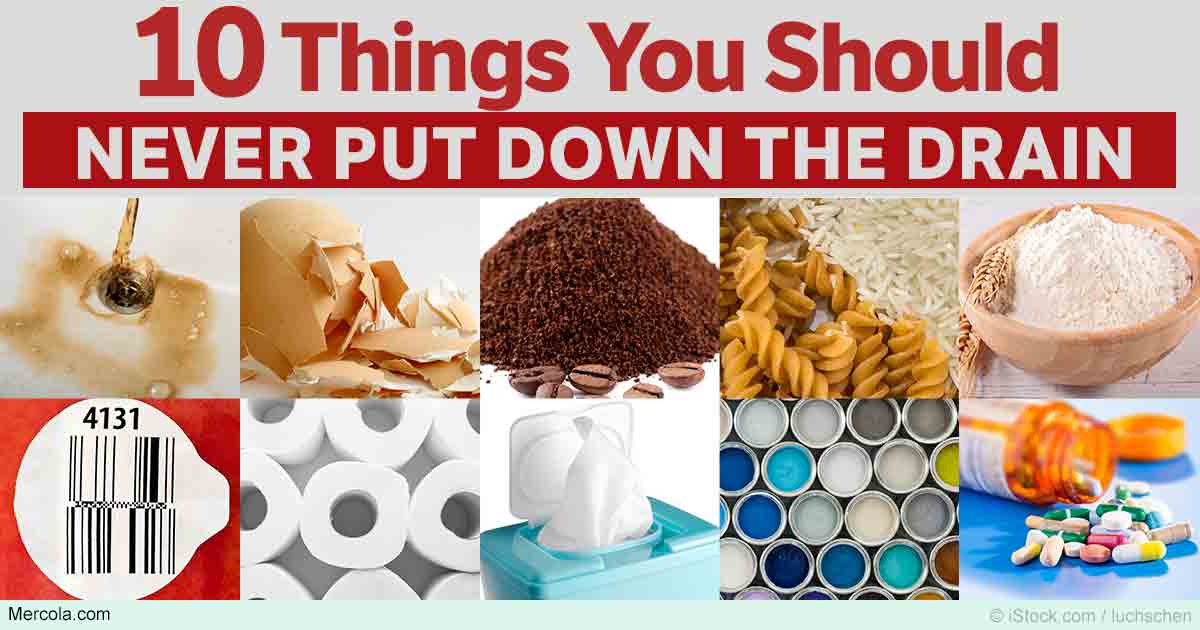
The Importance of Proper Kitchen Drain Maintenance
 When it comes to house design, the kitchen is often considered the heart of the home. It's where families gather to cook, eat, and spend quality time together. However, with all the cooking and cleaning that takes place in the kitchen, it's no surprise that the sink drain can easily become clogged and cause major headaches for homeowners.
While it may seem convenient to simply rinse everything down the kitchen sink drain, there are certain things that should never be put down there. Not only can it cause clogs, but it can also damage your pipes and lead to costly repairs. In this article, we'll discuss the top things you should avoid putting down your kitchen sink drain to keep your plumbing system functioning properly.
When it comes to house design, the kitchen is often considered the heart of the home. It's where families gather to cook, eat, and spend quality time together. However, with all the cooking and cleaning that takes place in the kitchen, it's no surprise that the sink drain can easily become clogged and cause major headaches for homeowners.
While it may seem convenient to simply rinse everything down the kitchen sink drain, there are certain things that should never be put down there. Not only can it cause clogs, but it can also damage your pipes and lead to costly repairs. In this article, we'll discuss the top things you should avoid putting down your kitchen sink drain to keep your plumbing system functioning properly.
The Top Things to Avoid Putting Down Your Kitchen Sink Drain
 Fats, Oils, and Grease
One of the main culprits of clogged kitchen sink drains is fats, oils, and grease (FOG). These substances may be liquid when hot, but as they cool down, they solidify and stick to the inside of your pipes, causing blockages. This can lead to slow draining or even complete clogs. It's best to dispose of FOG in the trash or recycle it if possible.
Coffee Grounds
While it may be tempting to rinse your coffee grounds down the sink, they can cause major problems for your plumbing system. Coffee grounds can clump together and create a sludgy mess that can clog your pipes and cause backups. Instead, toss your coffee grounds in the trash or add them to your compost pile.
Eggshells
Another common mistake is putting eggshells down the kitchen sink drain. These shells can easily get caught in your pipes and create blockages. It's best to dispose of them in the trash or use them for gardening purposes.
Produce Stickers
Those small stickers on your fruits and vegetables may seem harmless, but they can wreak havoc on your plumbing system. They can easily get stuck in your pipes and cause clogs. It's important to remove them before washing your produce and dispose of them in the trash.
Pasta and Rice
These starchy foods may seem harmless, but they can expand and become sticky when exposed to water. This can cause blockages and clogs in your pipes. It's best to dispose of them in the trash or compost them.
Fats, Oils, and Grease
One of the main culprits of clogged kitchen sink drains is fats, oils, and grease (FOG). These substances may be liquid when hot, but as they cool down, they solidify and stick to the inside of your pipes, causing blockages. This can lead to slow draining or even complete clogs. It's best to dispose of FOG in the trash or recycle it if possible.
Coffee Grounds
While it may be tempting to rinse your coffee grounds down the sink, they can cause major problems for your plumbing system. Coffee grounds can clump together and create a sludgy mess that can clog your pipes and cause backups. Instead, toss your coffee grounds in the trash or add them to your compost pile.
Eggshells
Another common mistake is putting eggshells down the kitchen sink drain. These shells can easily get caught in your pipes and create blockages. It's best to dispose of them in the trash or use them for gardening purposes.
Produce Stickers
Those small stickers on your fruits and vegetables may seem harmless, but they can wreak havoc on your plumbing system. They can easily get stuck in your pipes and cause clogs. It's important to remove them before washing your produce and dispose of them in the trash.
Pasta and Rice
These starchy foods may seem harmless, but they can expand and become sticky when exposed to water. This can cause blockages and clogs in your pipes. It's best to dispose of them in the trash or compost them.
The Importance of Regular Kitchen Drain Maintenance
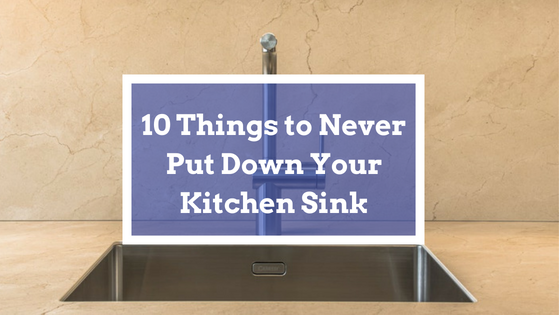 In addition to avoiding putting these items down your kitchen sink drain, it's also important to regularly maintain your drain to prevent clogs and other plumbing issues. This includes using a drain strainer to catch food scraps and hair, as well as cleaning your drain with a mixture of hot water and vinegar on a regular basis.
By following these tips and avoiding putting certain items down your kitchen sink drain, you can ensure that your plumbing system stays in good working condition. Taking care of your kitchen drain will not only save you from costly repairs but also help you maintain a clean and functional kitchen for years to come.
In addition to avoiding putting these items down your kitchen sink drain, it's also important to regularly maintain your drain to prevent clogs and other plumbing issues. This includes using a drain strainer to catch food scraps and hair, as well as cleaning your drain with a mixture of hot water and vinegar on a regular basis.
By following these tips and avoiding putting certain items down your kitchen sink drain, you can ensure that your plumbing system stays in good working condition. Taking care of your kitchen drain will not only save you from costly repairs but also help you maintain a clean and functional kitchen for years to come.
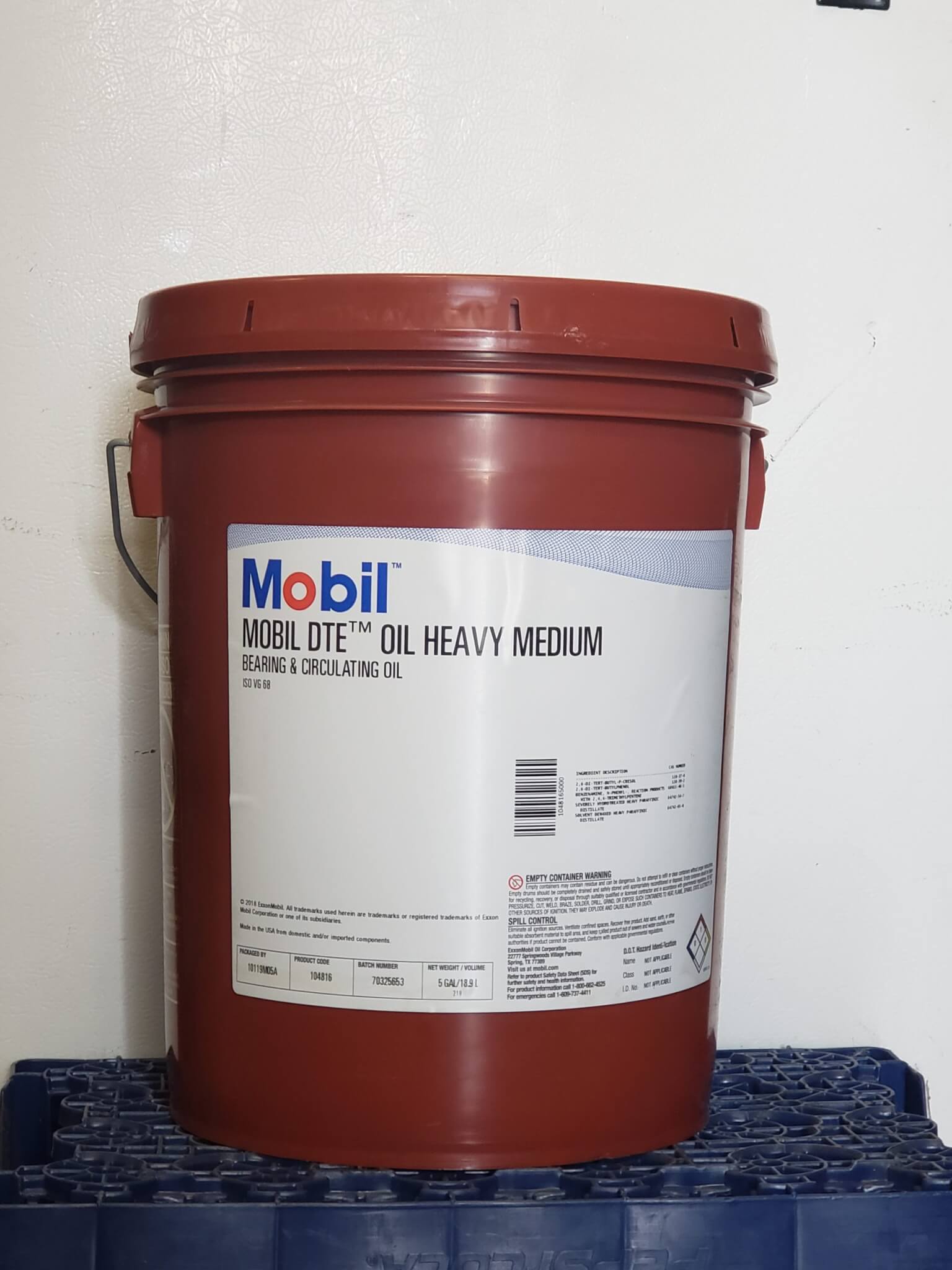





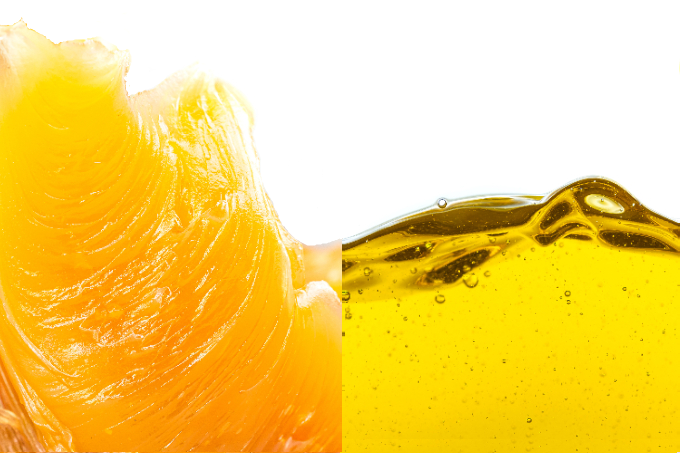

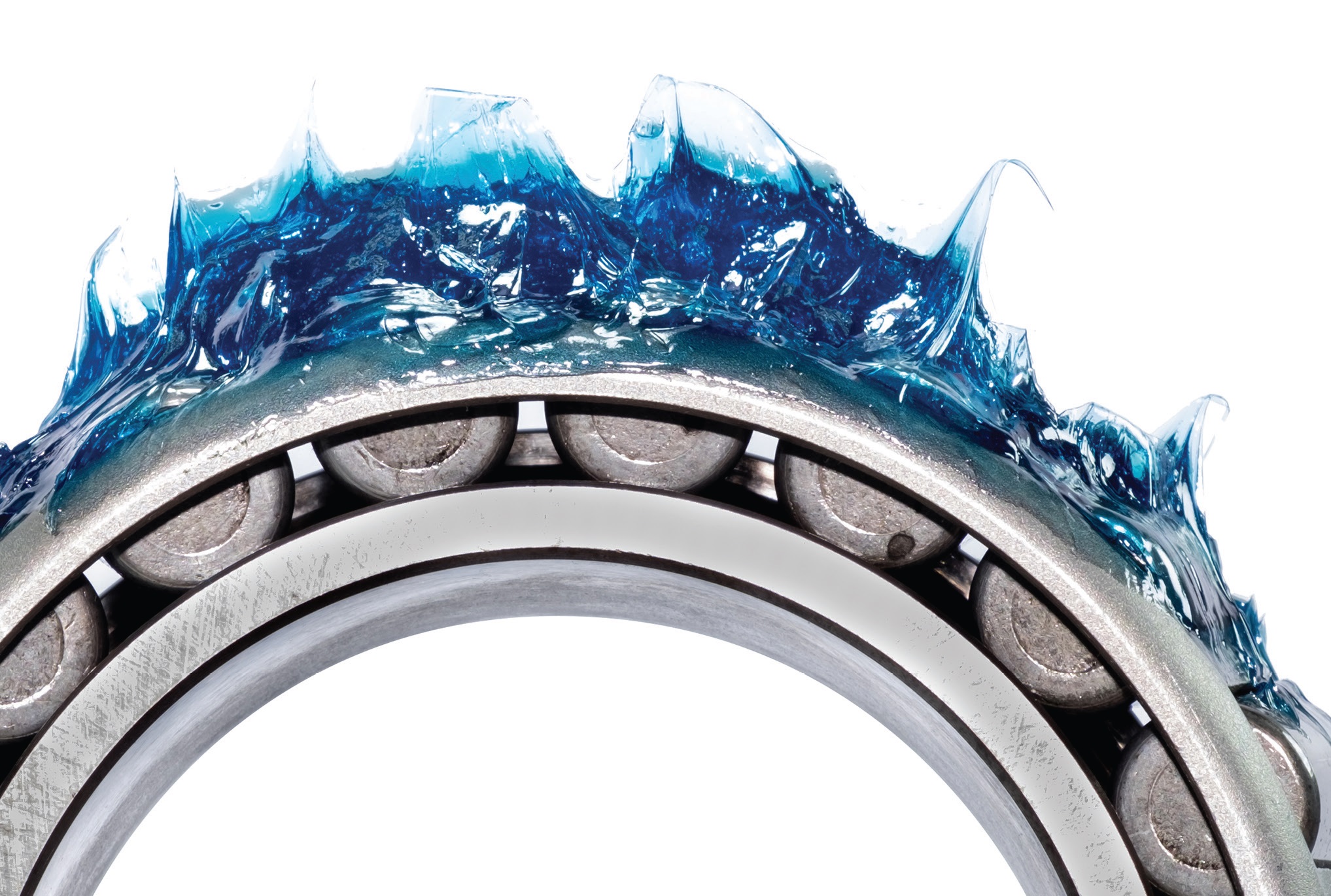



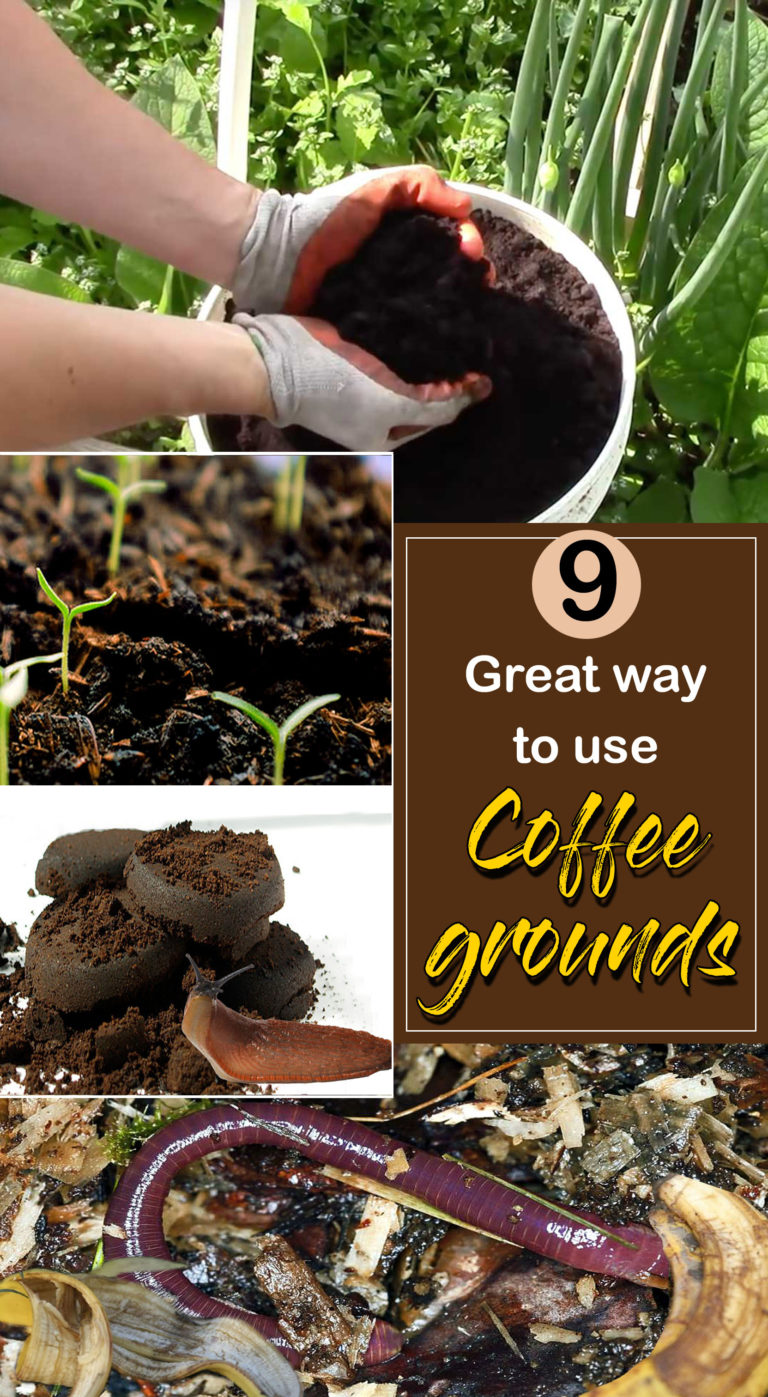

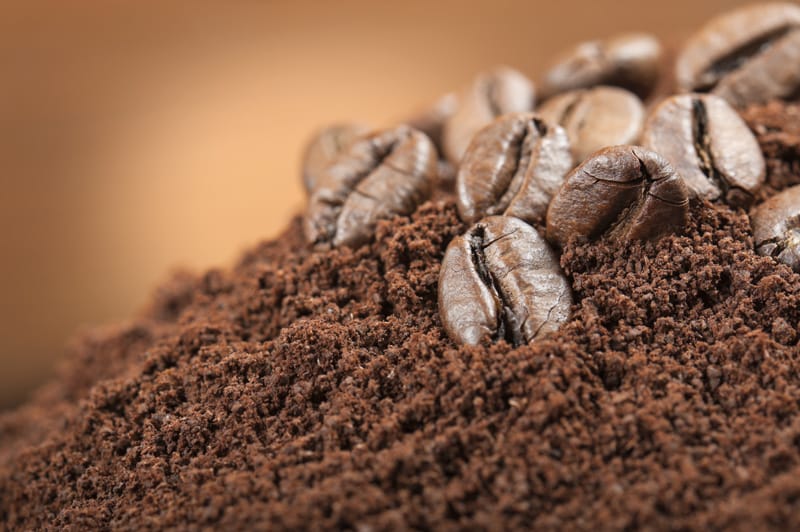
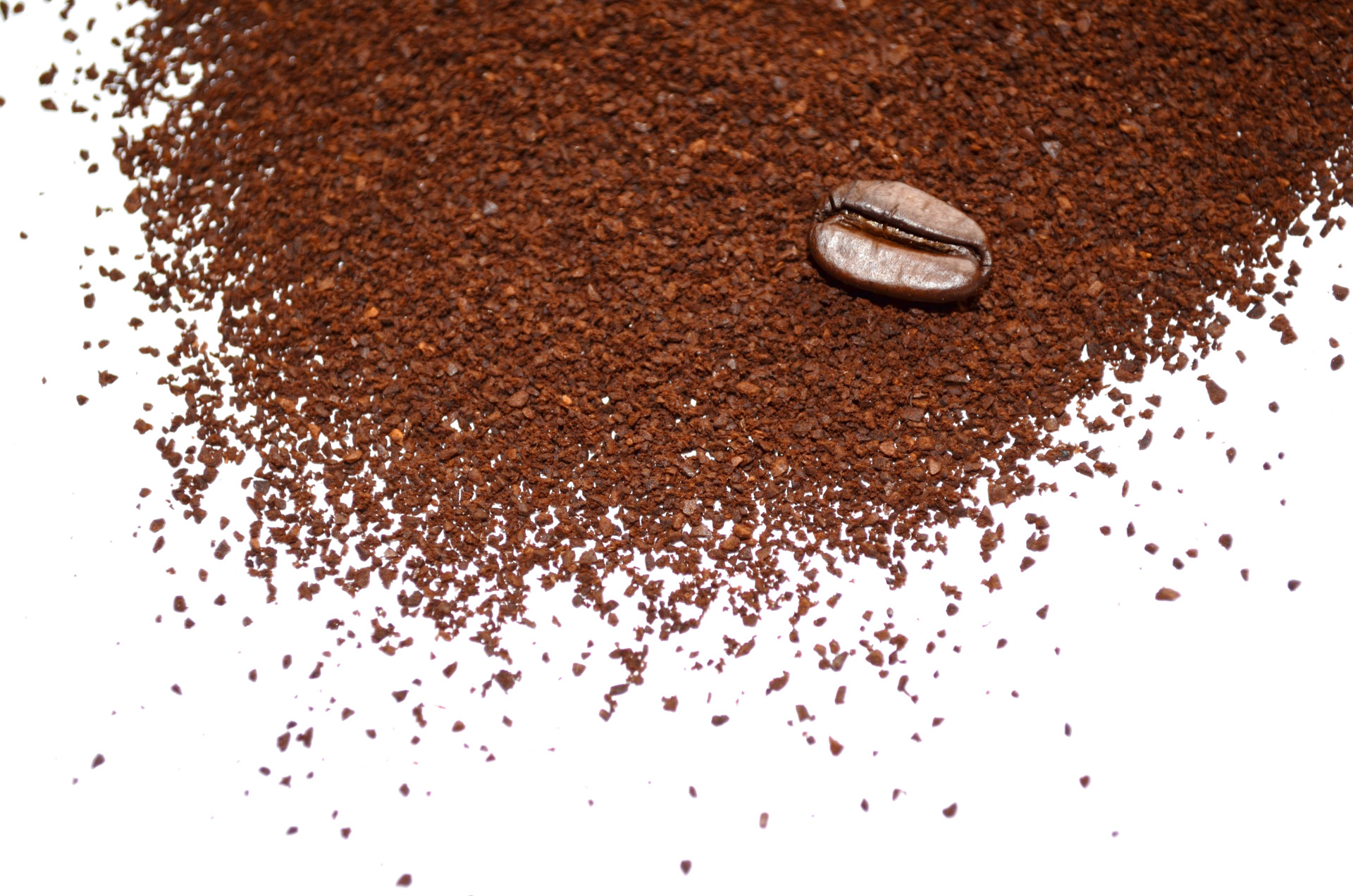
/close-up-of-whole-coffee-beans-and-ground-coffee-151811289-59b4ba0bd963ac0011daa7f8.jpg)
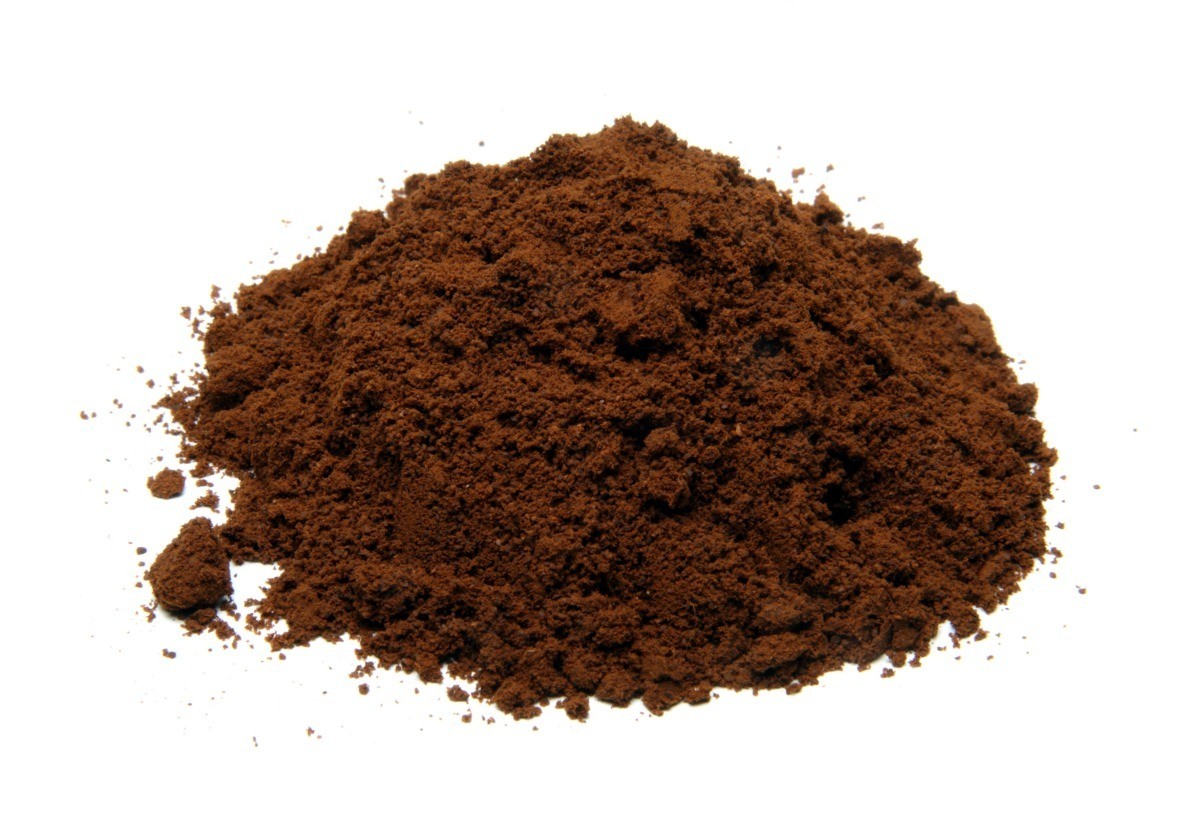
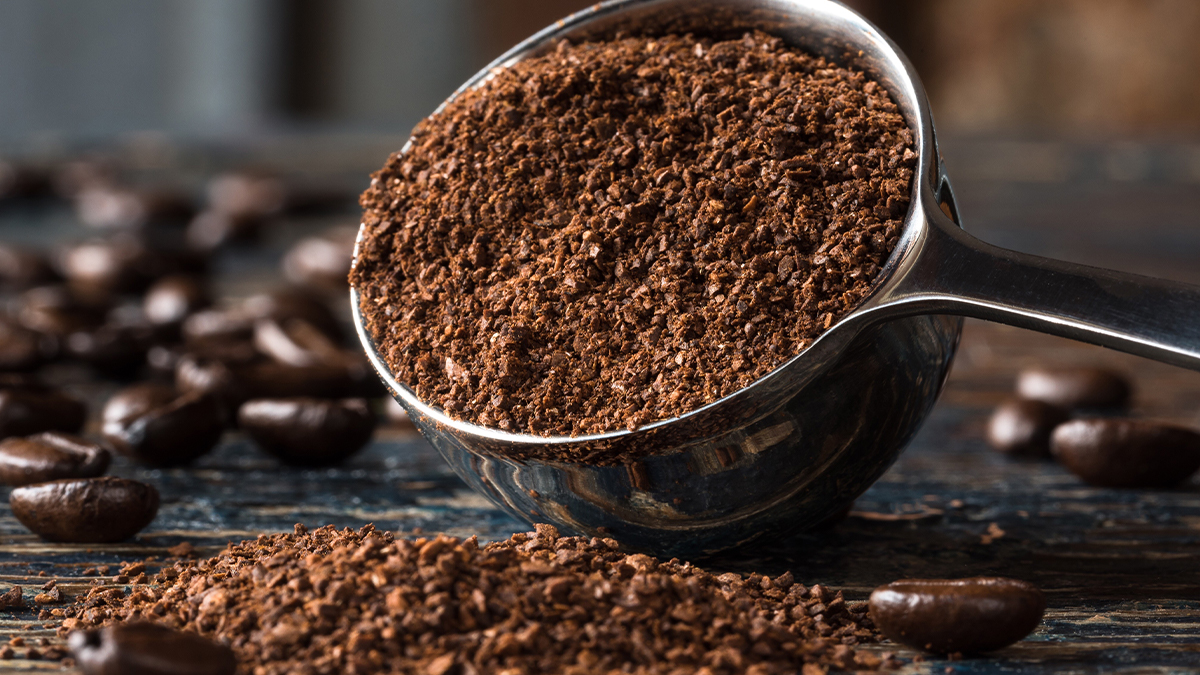

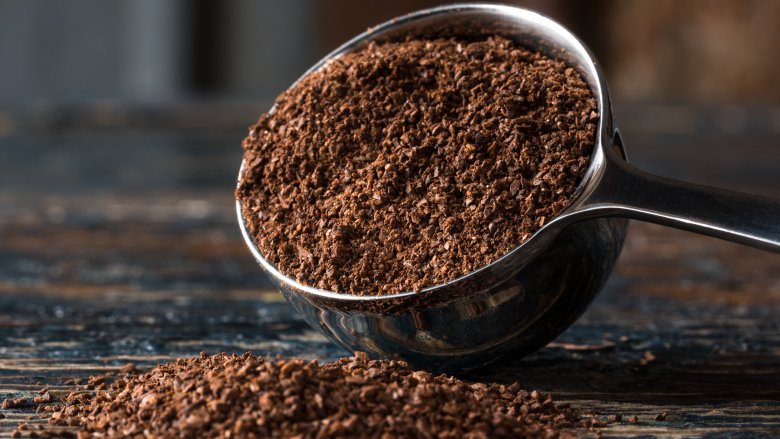
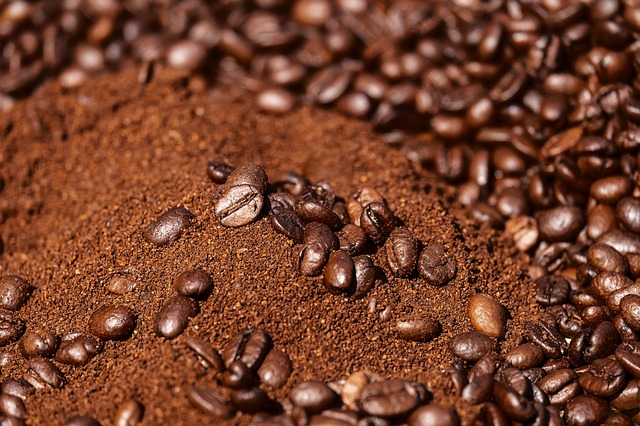

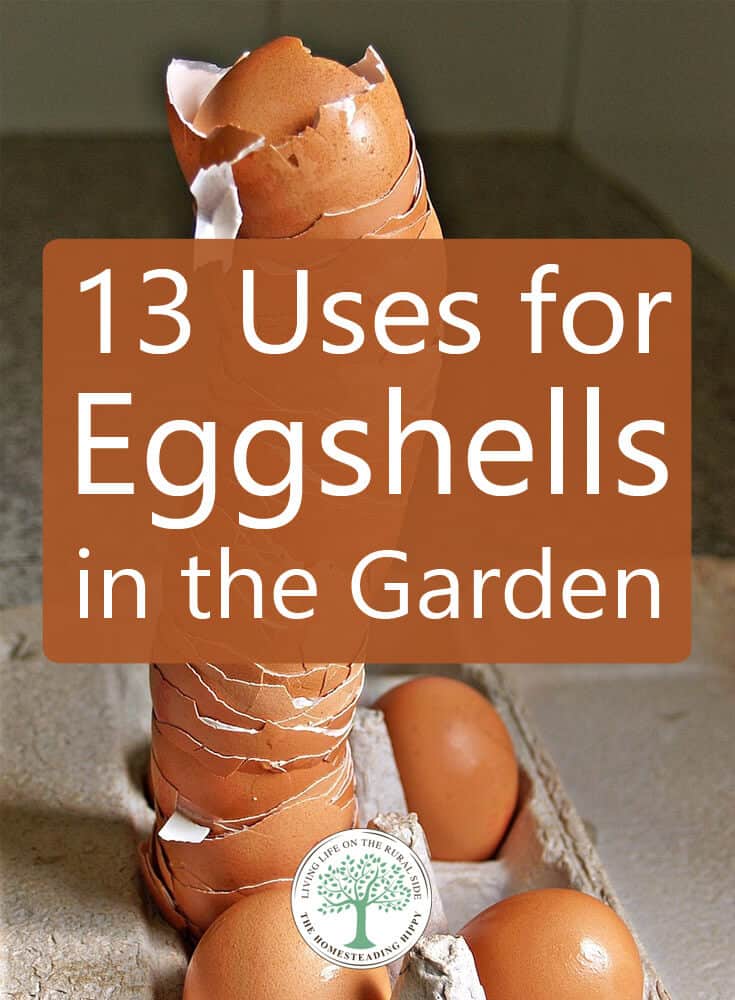


/broken-eggshells-on-a-white-plate-927504518-5beb2dce46e0fb002d7b615b.jpg)

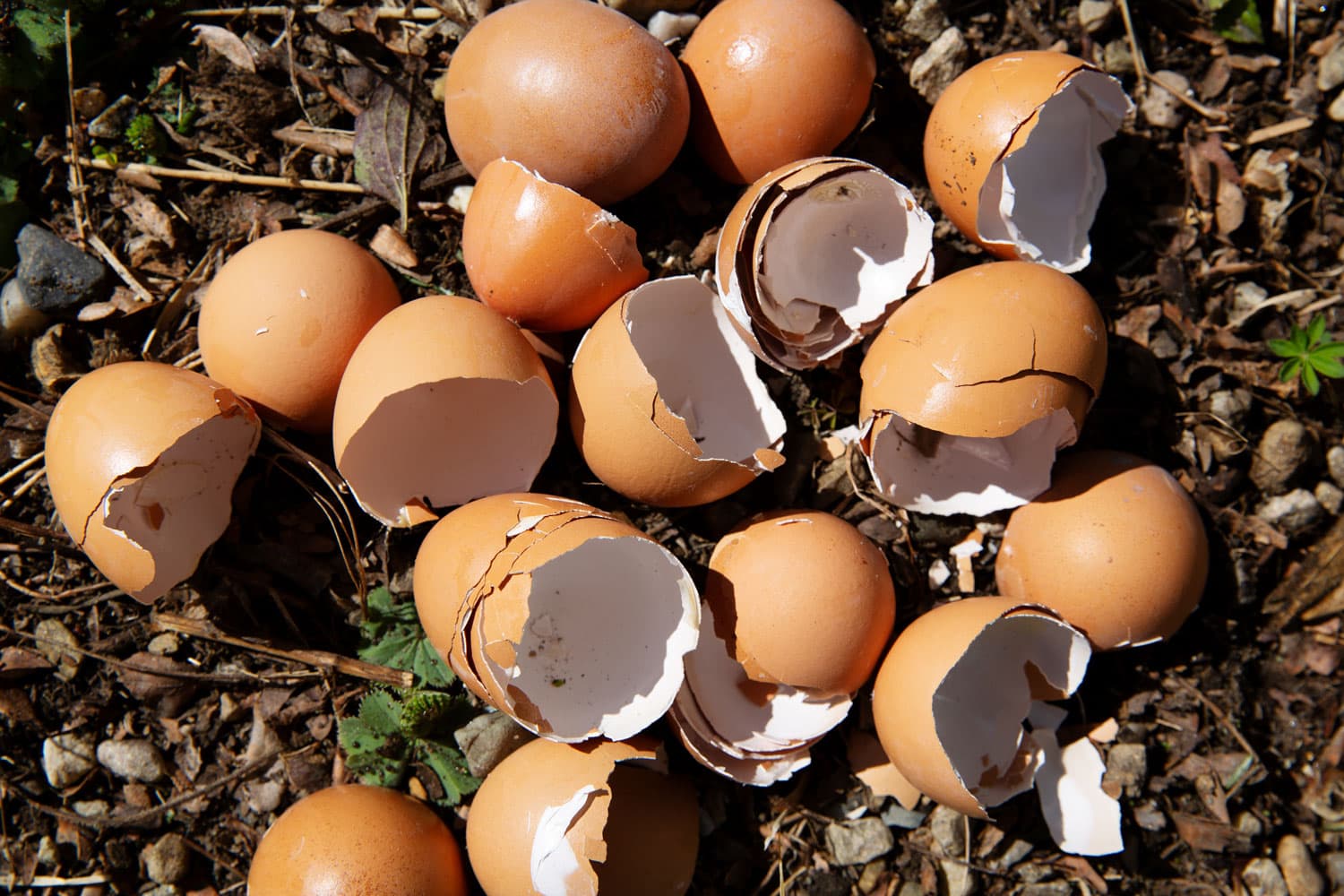

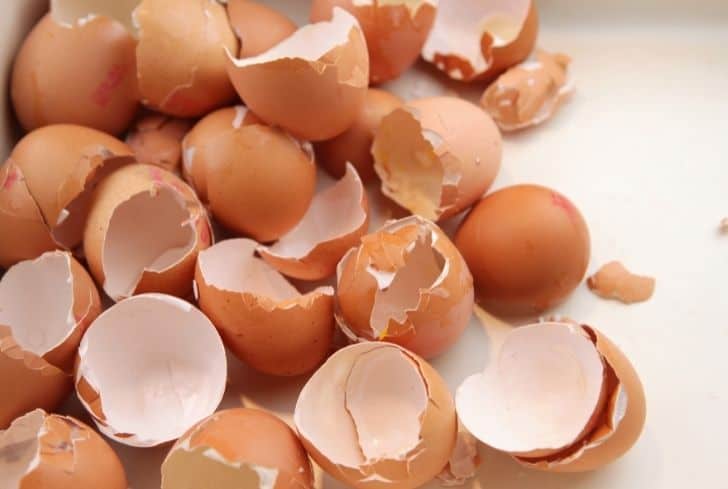

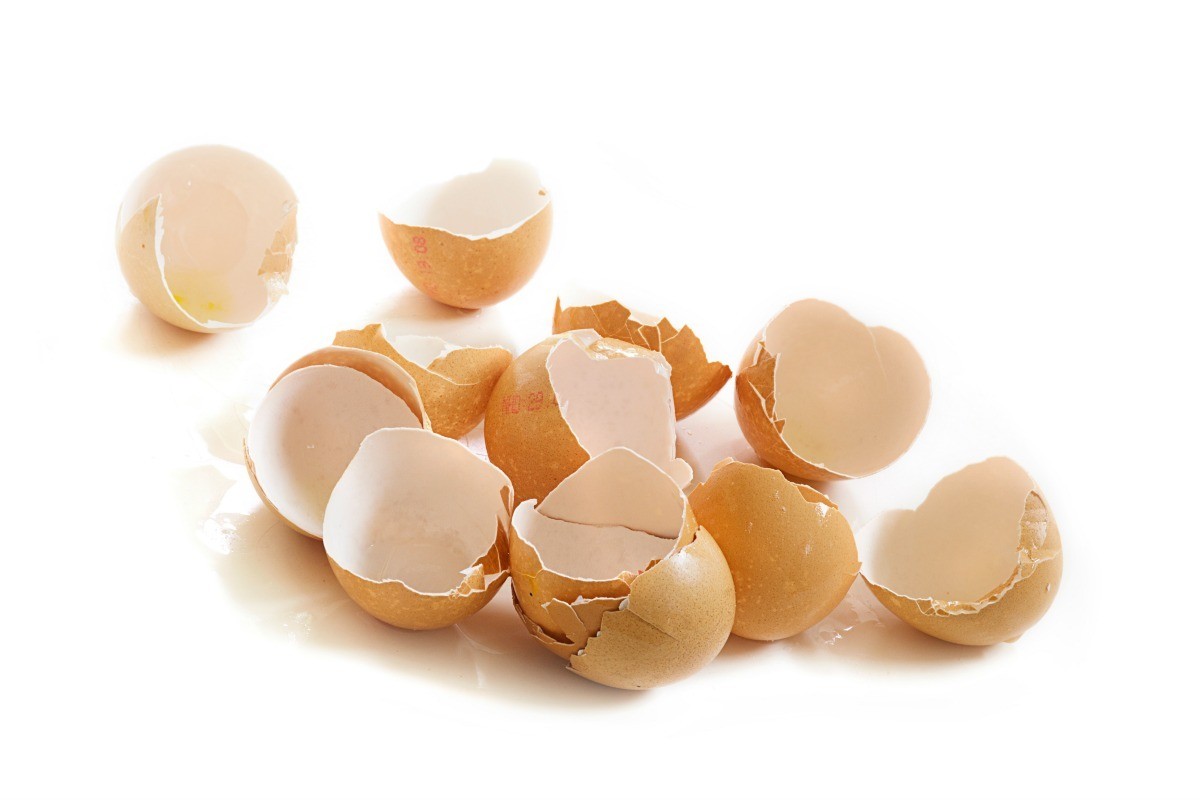

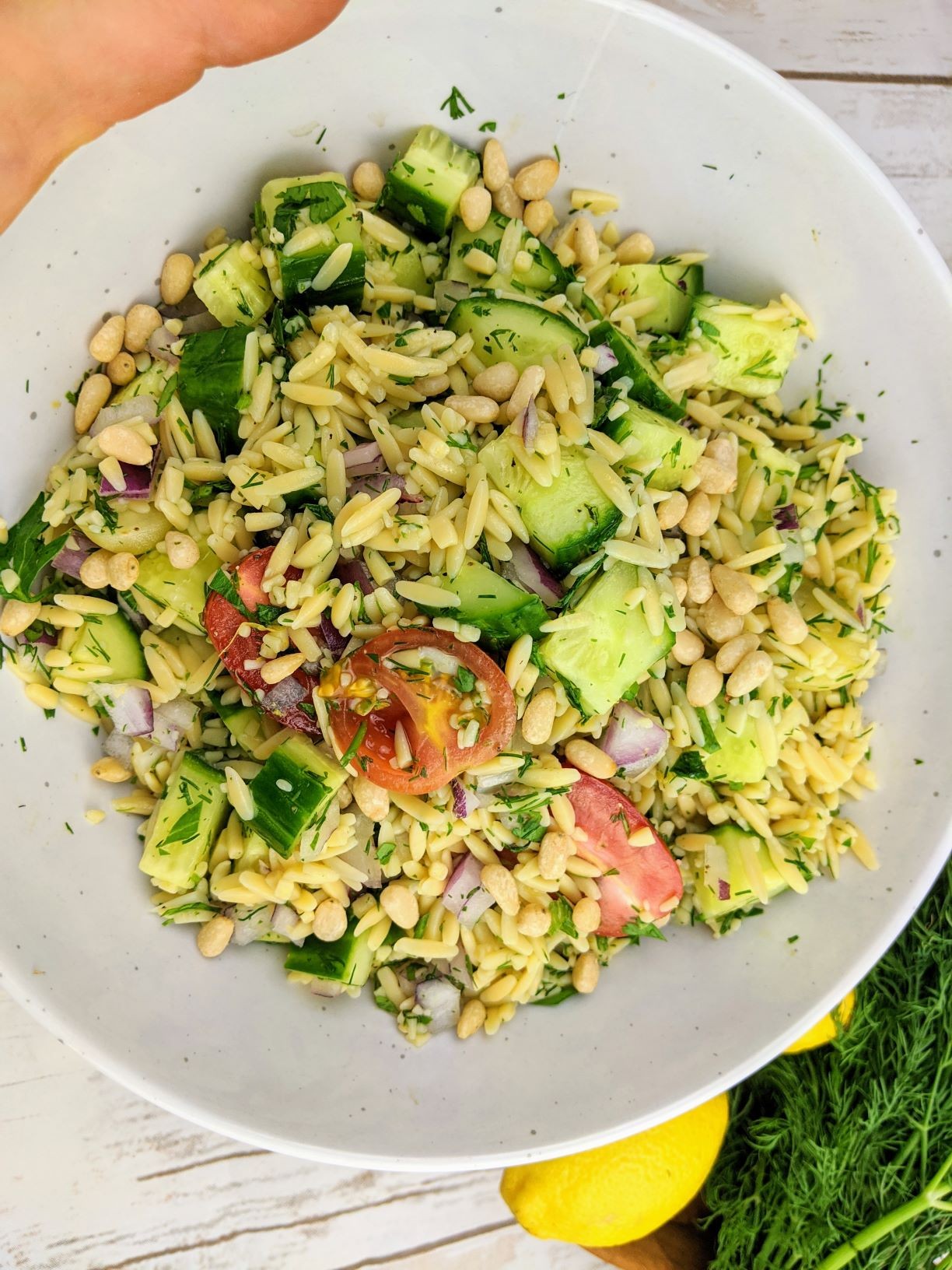

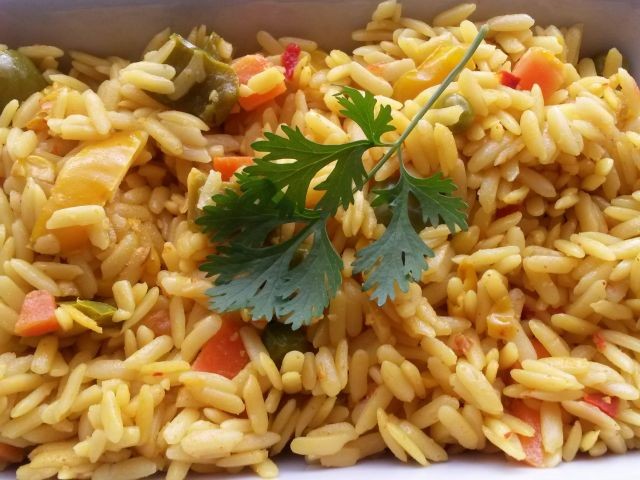

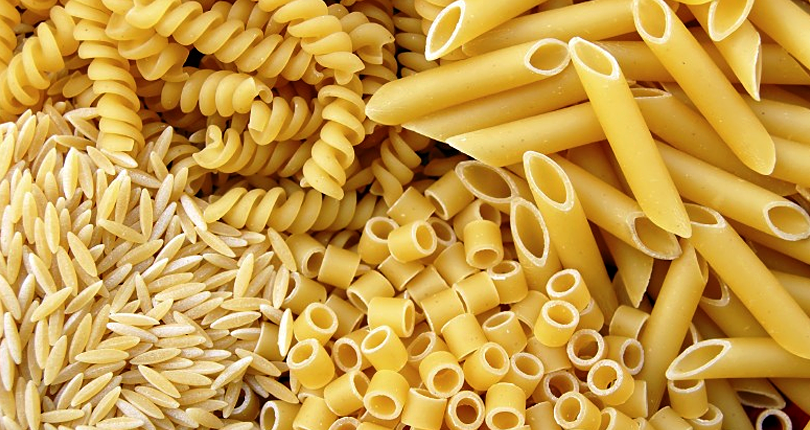



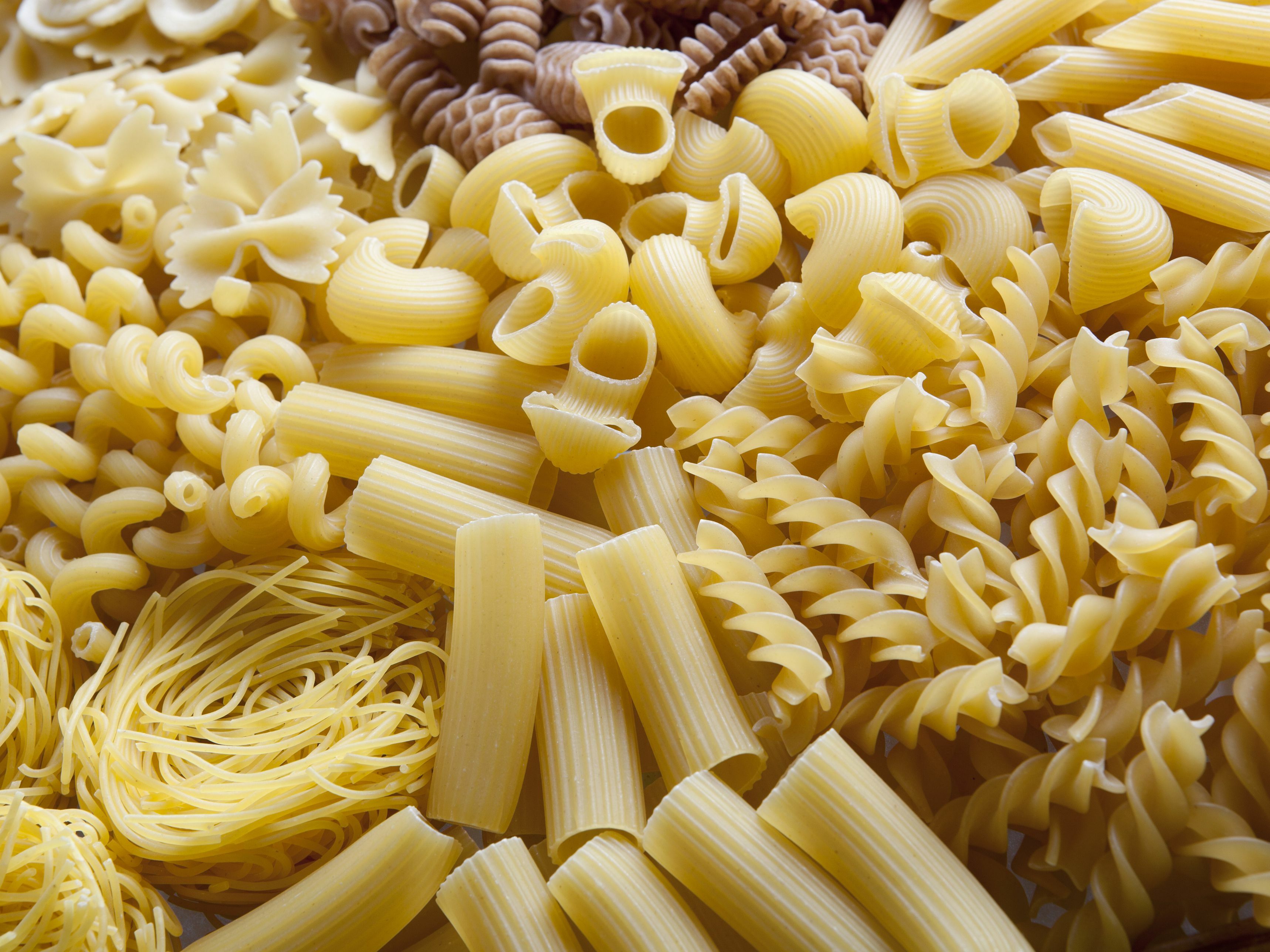
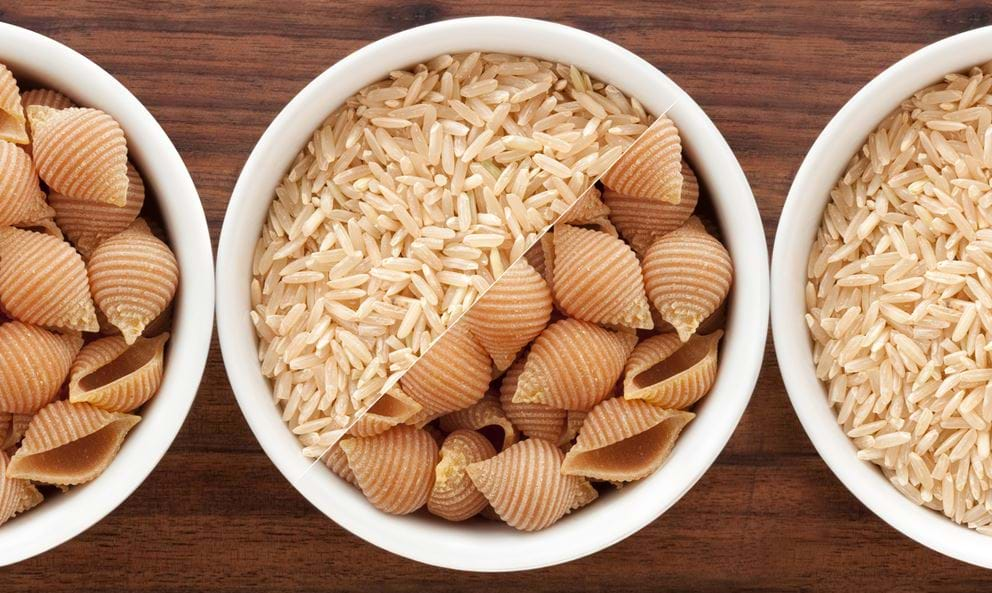
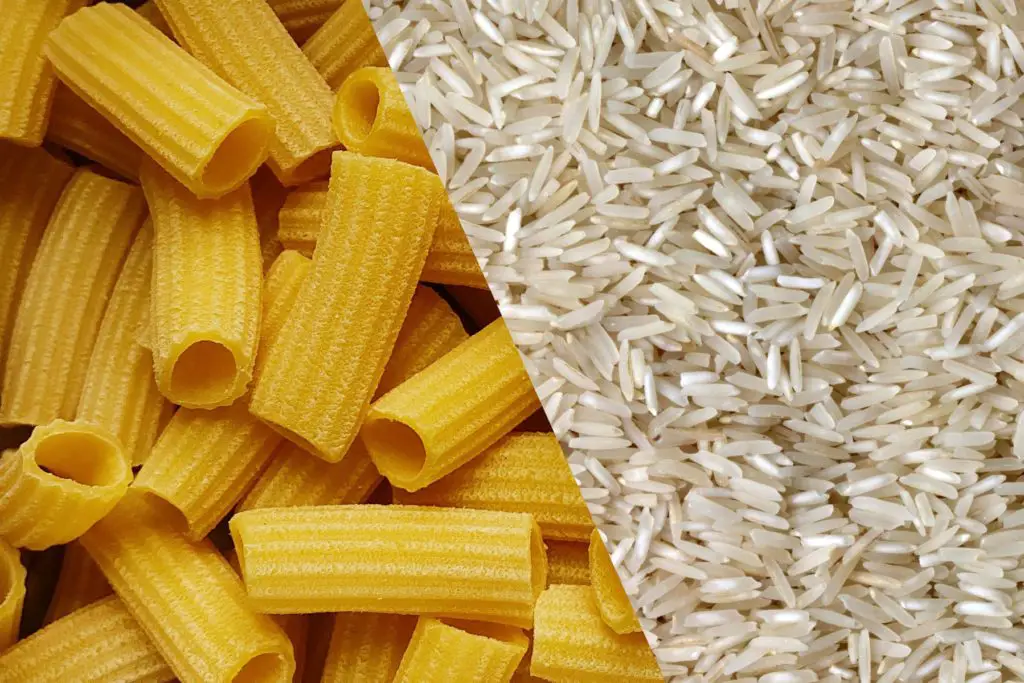

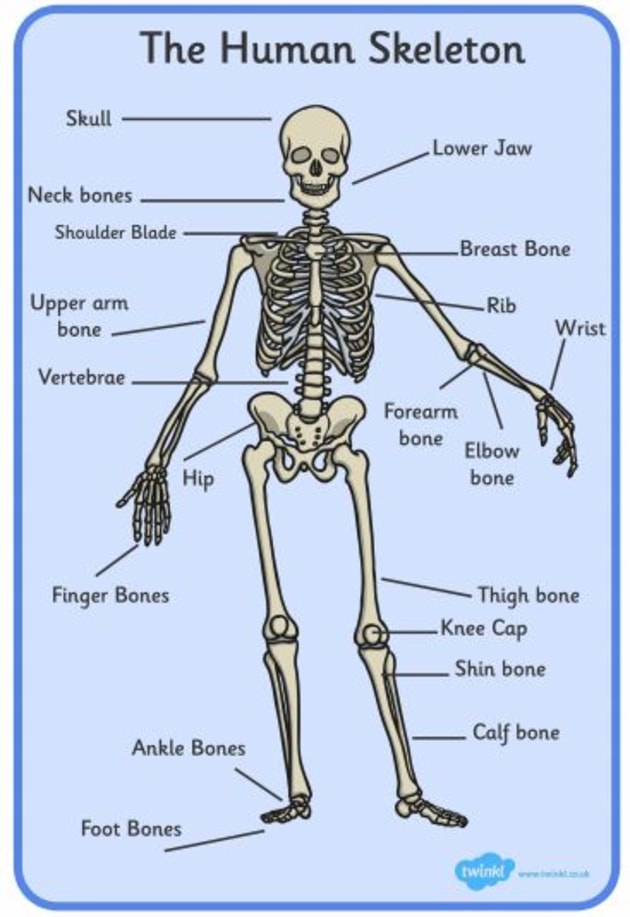















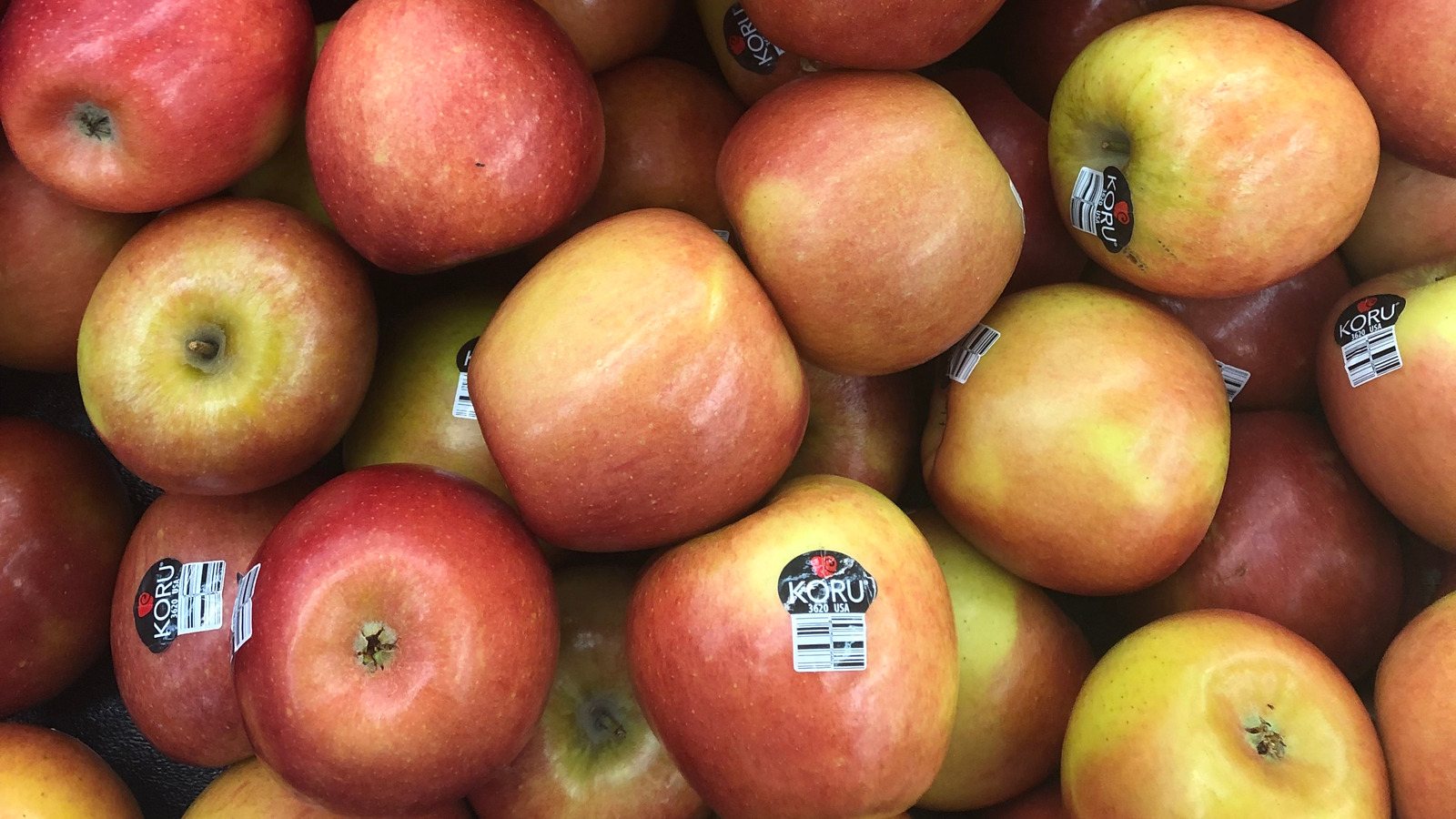

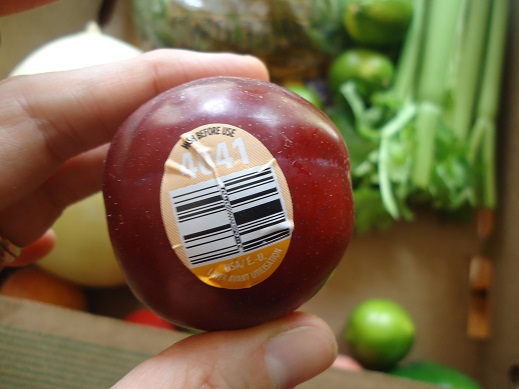

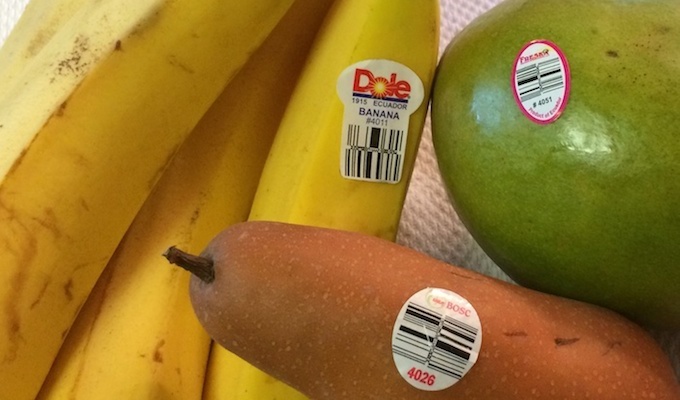
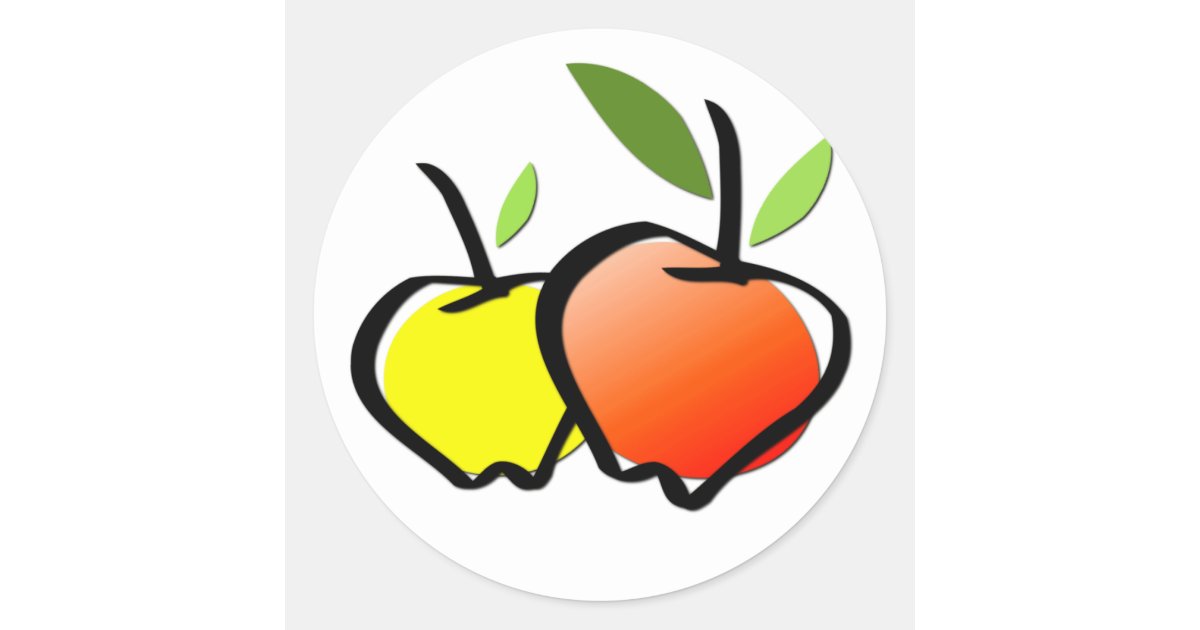



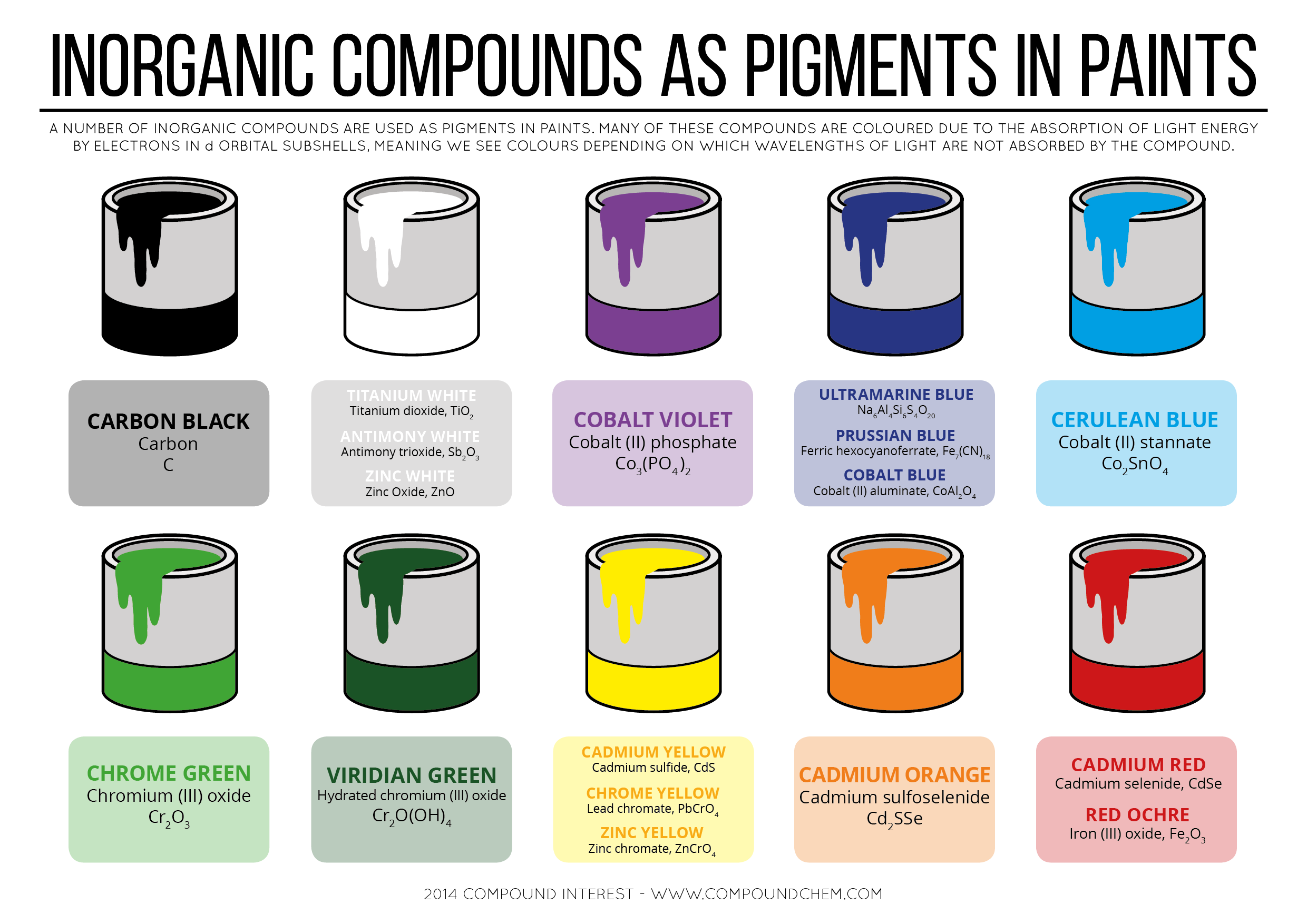
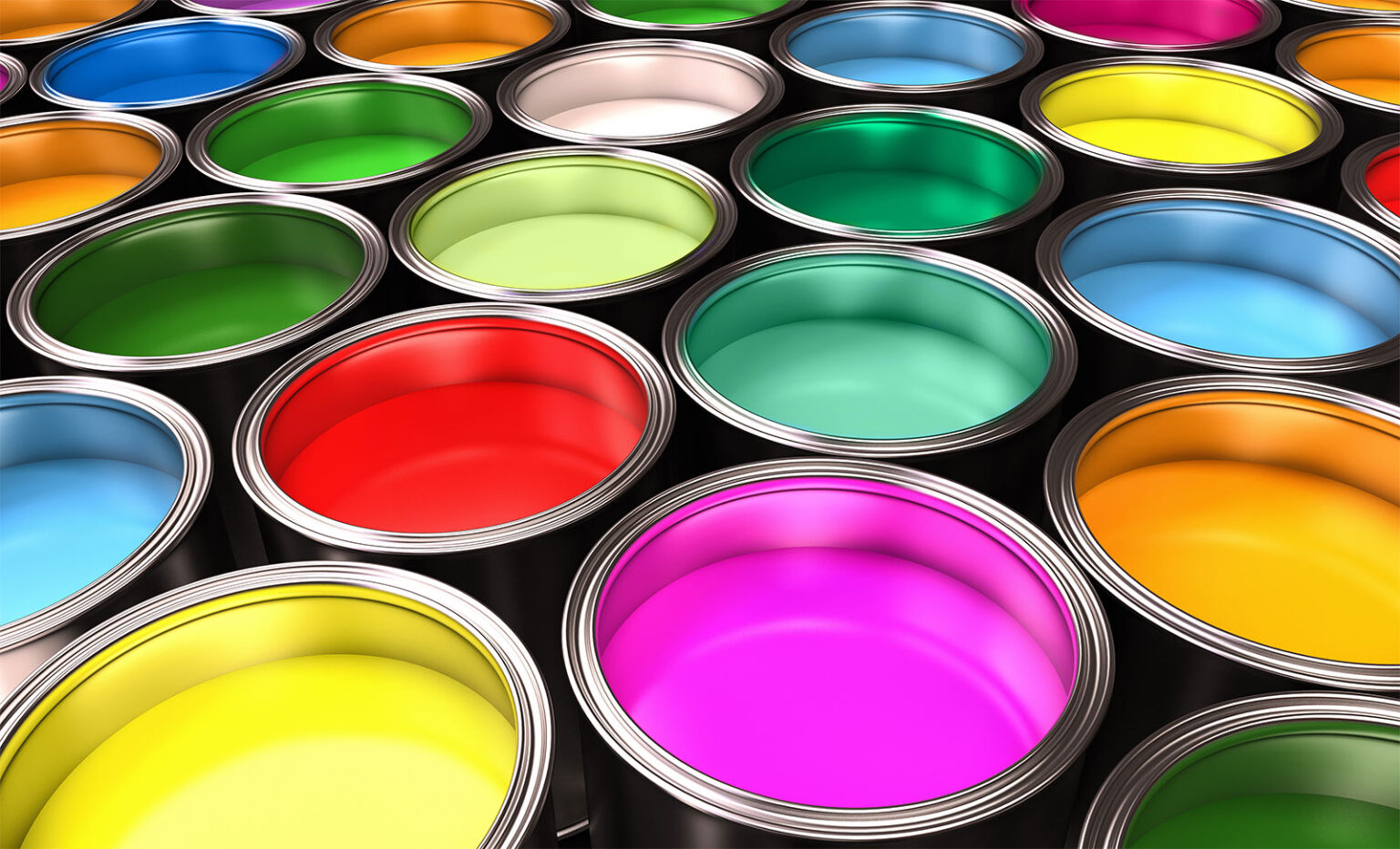

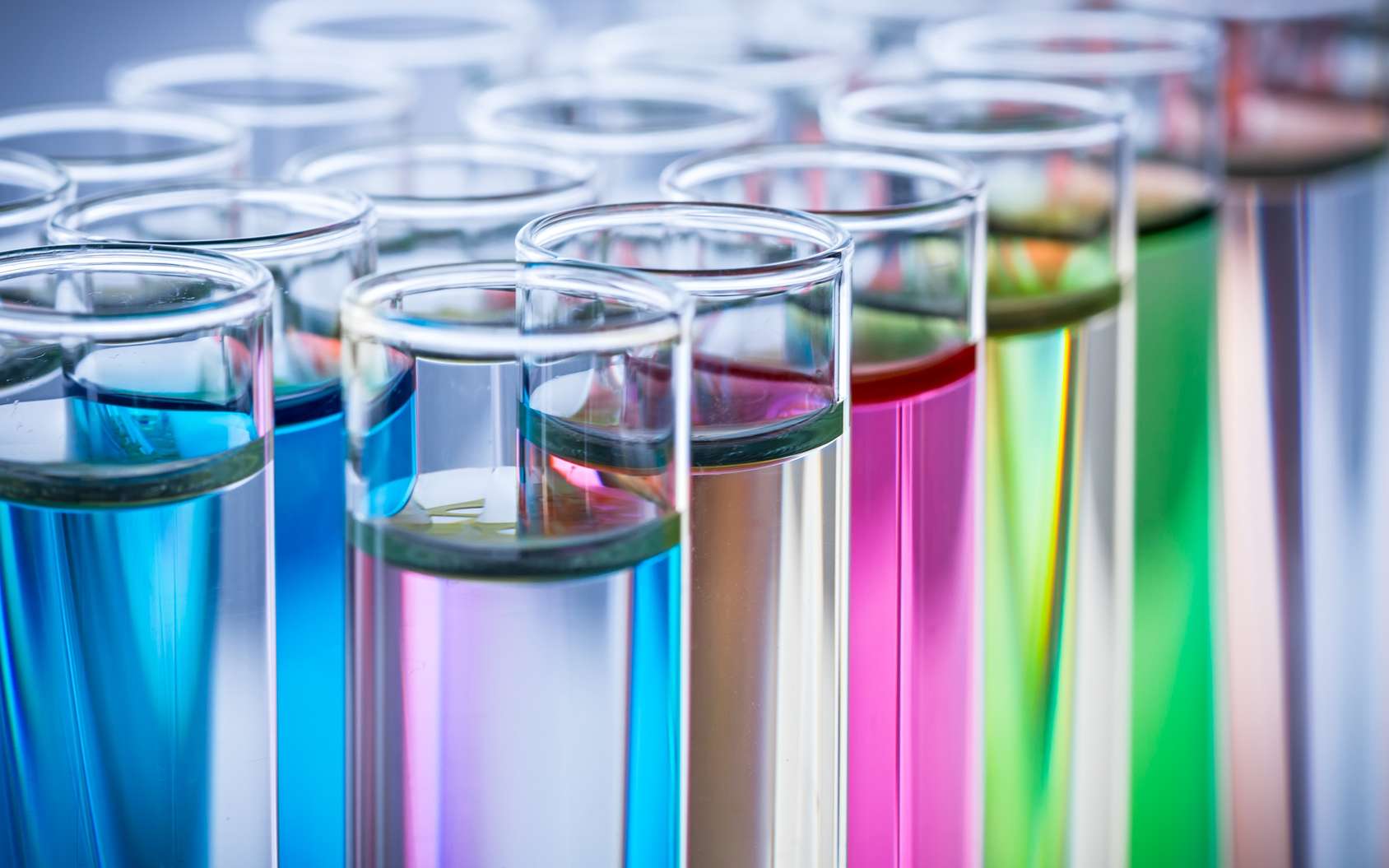









/various-pills-lying-on-a-white-surface-483106863-58acc0b73df78c345bb76c6f.jpg)
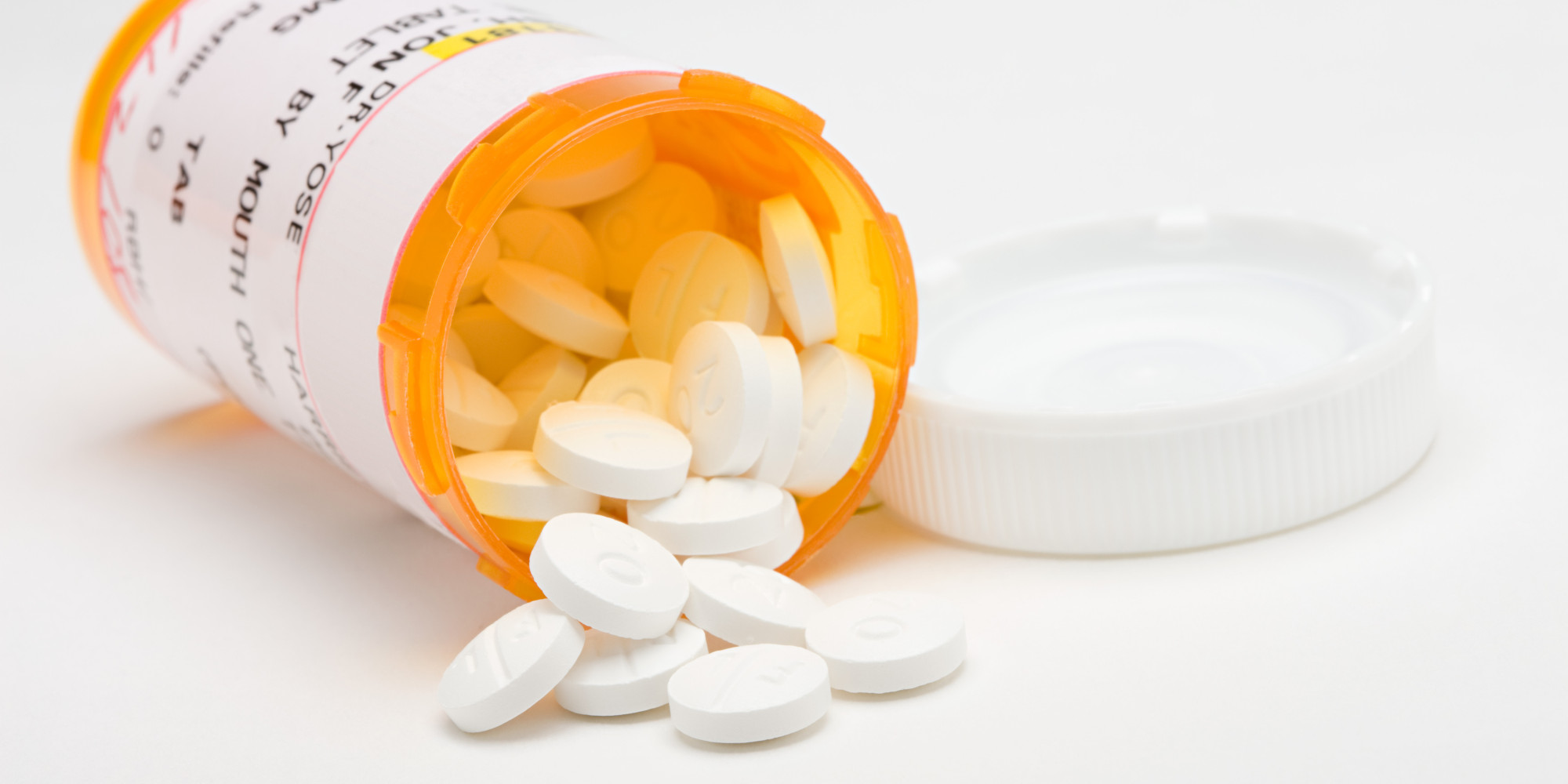

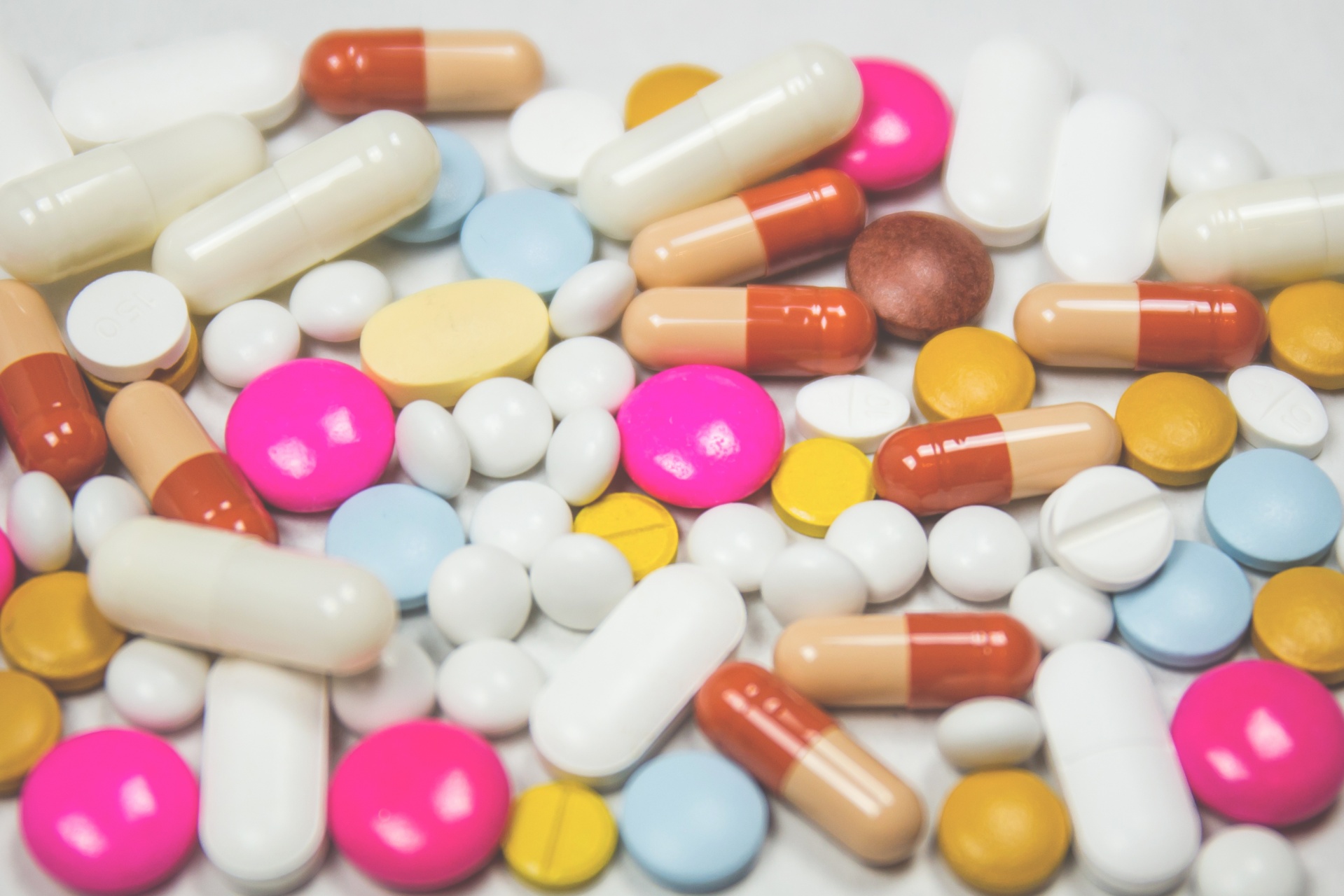





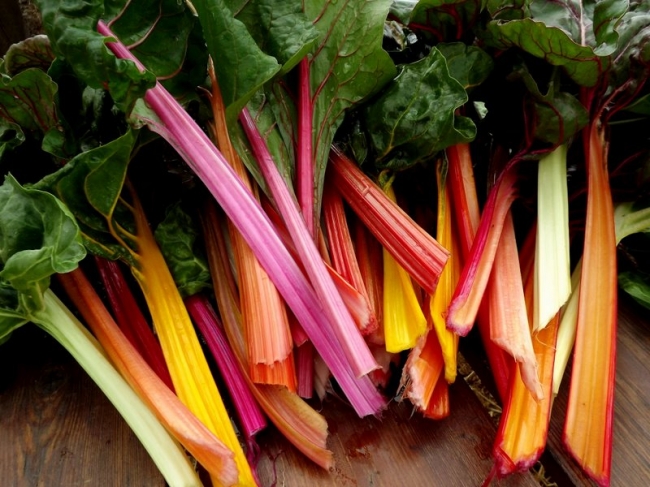
:max_bytes(150000):strip_icc()/vegetables-mung-bean-sprouts-182740671-57e9721f3df78c690f7a8e3f.jpg)
